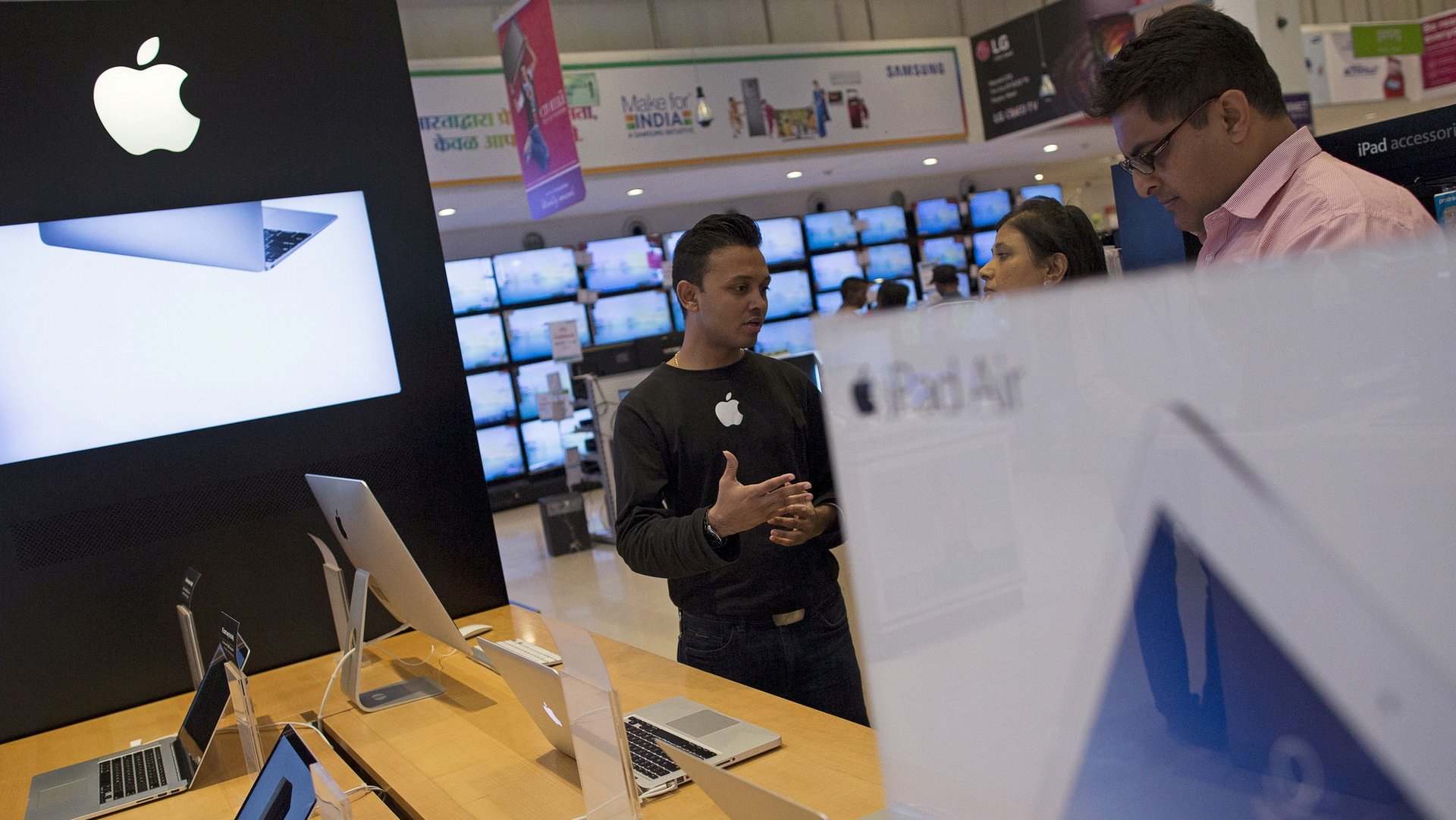Tech stocks powered the S&P 500 index to a monster performance in 2021
This past year of labor shortages and supply chain snarls challenged the business world, but the stock market didn’t seem to mind. The Standard & Poor’s 500, a weighted index of the biggest US companies, is up 29% with just three trading days left, and while that’s not an all-time high, it would be the third best year since 2000 and surely the record for a pandemic year.


This past year of labor shortages and supply chain snarls challenged the business world, but the stock market didn’t seem to mind. The Standard & Poor’s 500, a weighted index of the biggest US companies, is up 29% with just three trading days left, and while that’s not an all-time high, it would be the third best year since 2000 and surely the record for a pandemic year.
As has been the case for the last few years, the index was driven by the performance of tech stocks. The top five companies in the index—Apple, Microsoft, Amazon, Meta Platforms (formerly Facebook,) and Alphabet, owner of Google—constitute 23% of the index. The next two biggest companies—Tesla and chip-maker Nvidia—are at least tech-adjacent, and information technology as a sector is 29% of the index, more than twice the size of the next biggest sector, consumer discretionary companies.
On one level, it’s no great mystery why the tech giants are dominating the stock market. Their products and services are ubiquitous, and while many other industries faced pandemic-related setbacks, companies built for a virtual world thrived.
Why tech stocks dominate the S&P 500
But on a more fundamentally level, the biggest tech companies earned their position at the top. Unlike the dot-com bubble of the late 1990s, the valuations for Apple, Microsoft et al. aren’t based on the promise of future returns. They are enormously profitable companies, and offer investors both strong and predictable growth. Investors looking for a safe harbor are eschewing the bond markets in favor of big tech. And according to one analysis, the top five companies are slightly undervalued in the S&P 500 relative to their earnings.
The biggest tech companies are beneficiaries of network effects, where their size creates disproportionate advantages. The more users on Facebook, the more attractive Facebook becomes to new users. While network effects aren’t new, the cost of adding a new member is virtually nil in a digital system, allowing for growth without cost. The bigger they are, the bigger they get, leading to a winner-take-all economy. And as the companies grow, their profit soars, driving increased investment.
What stops the cycle? Government intervention may be the most likely obstacle to further tech dominance, but tech companies have lobbied furiously to prevent it. Apple CEO Tim Cook said increased regulation was “inevitable,” but that was in 2018, and it seems no more imminent now than it did then.